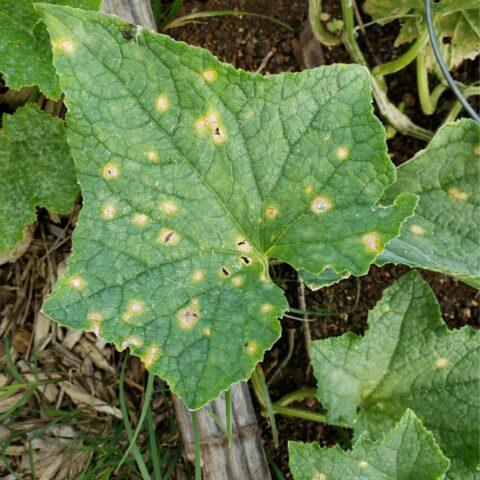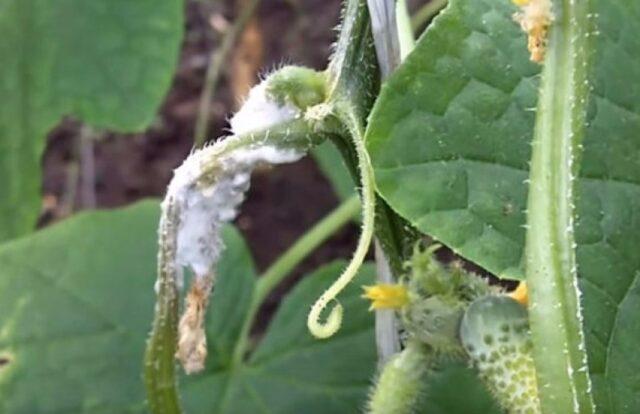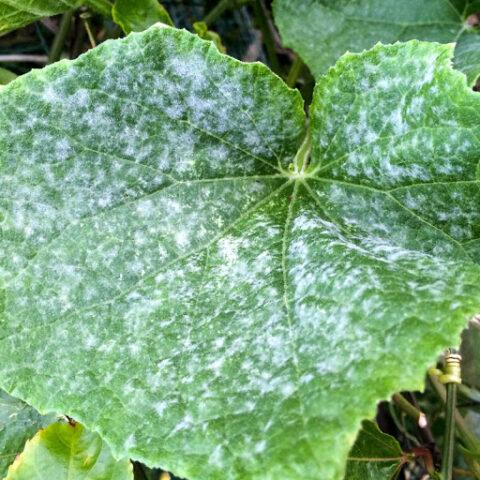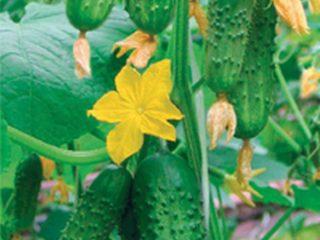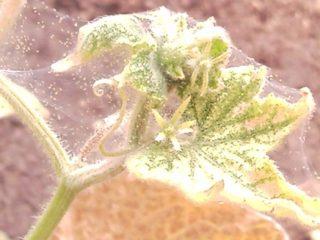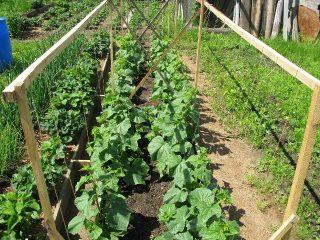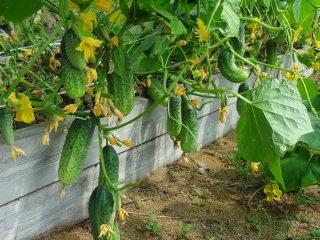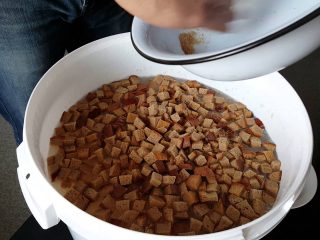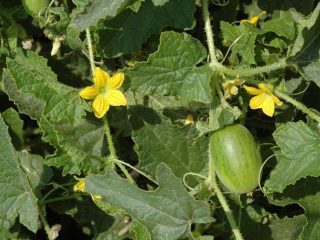Content
Cucumber Alex F1 is an early-ripening hybrid of the parthenocarpic type. The variety has been known in Russia since 2007, so it has managed to firmly establish itself in the beds of gardeners. An indeterminate plant of medium growth and weaving, suitable for cultivation in a greenhouse and in open ground.
History of origin
The parthenocarpic variety Alex F1 appeared as a result of the painstaking work of breeders from the Dutch company Bejo Zaden. The hybrid was included in the State Register of the Russian Federation in 2007. The variety quickly gained popularity among gardeners. Designed for cultivation in open and closed ground in different climatic zones.
Description of cucumbers Alex F1
The Alex cucumber bush is branched, moderately spreading, up to 1.5 m high. The leaves are small in size and have a rich green color. The flowers are female and do not require pollination. In each axil of the leaves a bunch is formed, in which from 4 to 6 ovaries.
Hybrid greens are cylindrical in shape, slightly ribbed. The color of the fruit is rich green.Cucumbers are ready to eat when their length reaches 8-10 cm, diameter - from 3.5 to 3.9 cm, weight 70-90 g.
The fruit pulp is juicy, without bitterness. The seeds are small, no voids are observed in the greens. The taste is excellent.
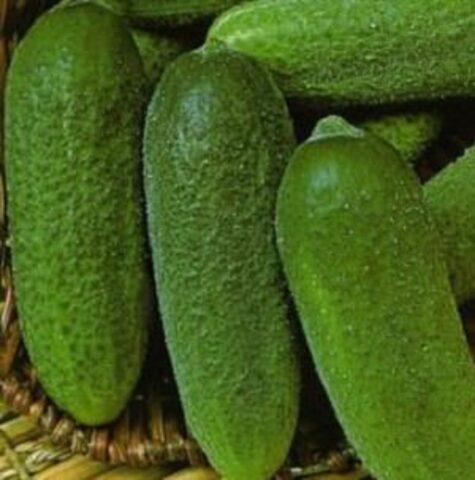
Alex F1 cucumbers are suitable for consumption raw and canned.
Characteristics of the variety
The fruits of this variety are not prone to overgrowth. Alex cucumbers tolerate transportation well and retain their fresh appearance for a long time.
Productivity
The formation and ripening of fruits occurs simultaneously. Compliance with agrotechnical cultivation standards allows you to get from 1 m2 2.8-5.8 kg of finished products. Harvesting is carried out every 2-3 days.
Ripening and flowering dates
From the moment the sprouts appear until the first harvest is harvested, 38 to 42 days pass. Alex F1 cucumber bushes enter the active flowering phase 30 days after emergence. Zelentsy ripen in 10-12 days.
Resistance to diseases and pests
Hybrid Alex is immune to most diseases that affect cucumber plantings of other varieties. If infected bushes appear nearby, it is unlikely that it will be possible to avoid infection.
The most dangerous diseases for Alex F1:
- Anthracnose appears in spots. When the first signs appear, the beds should be treated with Bordeaux mixture or copper sulfate solution.
- White rot. Fungal disease appears when there is high humidity. You can recognize it by its white coating. To combat the disease, diseased leaves are removed. The cut areas are treated with powdered charcoal.
- Downy mildew covers cucumber leaves with angular spots. If treatment with Bordeaux mixture does not produce results, it is recommended to use fungicides (Radomil, Ordan).
- Powdery mildew. A white coating appears on the affected leaves. From folk remedies, you can use a solution of potassium permanganate (1.5 g per 10 liters of water). Among the chemicals, “Skor” and “Topaz” are suitable.
Harmful insects that attack cucumber beds include whiteflies, spider mites and thrips. Preventive measures (timely removal of weeds, compliance with crop rotation rules) or insecticides “Confidor”, “Fitoferm”, “Intavir” will help in the fight against them.
Advantages and disadvantages
When choosing a variety, you must be sure to familiarize yourself not only with its advantages, but also find out the existing disadvantages.
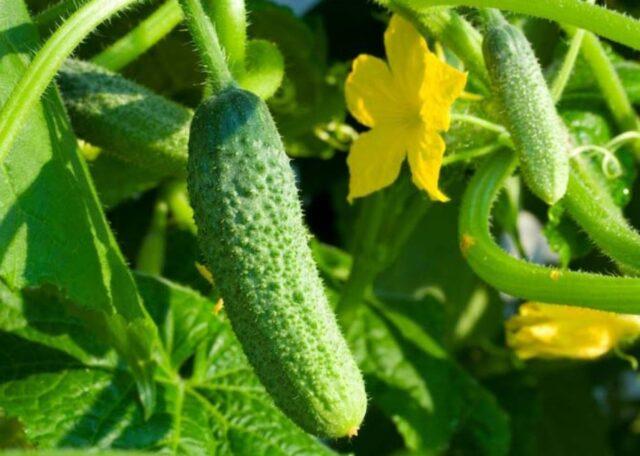
Alex F1 cucumbers have a long shelf life and can be transported over long distances
Gardeners who have already grown this variety in their beds note their positive qualities:
- 4-6 ovaries are formed in a node;
- high productivity;
- excellent taste, fruits do not have bitterness;
- greens are dense, with a characteristic aroma;
- versatility of use.
There are no deficiencies identified in the Alex F1 hybrid.
Planting cucumbers Alex
Legumes are good predecessors for Alex cucumbers. It is not recommended to plant the hybrid where zucchini or squash grew last year. It is better to choose an area for cultivation that is not shaded. It should not be blown through by a draft wind; the culture does not like cold.
Cucumbers prefer fertile soil (loamy or sandy loam soil). To obtain a rich harvest, the pH level must be neutral.
Cucumbers of the Alex F1 variety can be cultivated by seedlings and sowing in the ground. Each method has its own advantages and disadvantages.
Seedling method
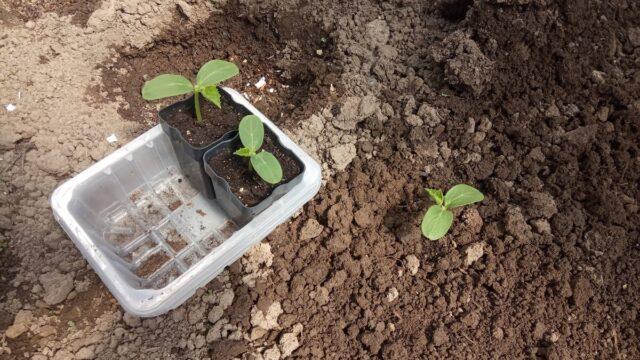
Growing the Alex F1 hybrid through seedlings allows you to enjoy juicy fruits 10-14 days earlier
How to grow cucumber seedlings:
- The root system of the hybrid is very delicate, so it is necessary to use separate cups for planting.
- The seeds are buried 1.5-2 cm into the soil. After planting, they are watered with warm, settled water and covered with film or glass. The air temperature in the room should not be lower than +20-22˚С.
- With the emergence of seedlings, the shelter is removed. The temperature is reduced to +16˚С.
- The first fertilizing with complex fertilizers is carried out after the emergence of seedlings.
- Water once every 5-7 days. Warm water is used for irrigation.
The operation of transplanting the Alex F1 cucumber into open ground is carried out after the appearance of 3-4 leaves. Before transshipment, seedlings should be hardened off.
Sowing in open ground
Cucumber Alex is sown in the ground after the threat of night frosts has passed. To protect the beds from the appearance of pests and diseases, it is recommended to take preventive measures.
Planting material is buried 2 cm into well-heated soil. The distance between bushes is 50-60 cm, row spacing is 70-80 cm. It is not recommended to plant at 1 m2 more than three bushes.
Caring for cucumbers Alex
Cucumbers of the Alex variety are easy to care for. But to get a high yield, you will have to make some efforts.The culture loves watering and also responds positively to fertilizing.
Watering
Cucumbers are moisture-loving plants that require regular irrigation. It should be remembered that excessive accumulation of liquid under the bushes leads to rotting of the roots.
Watering is carried out with warm, settled water. The most suitable time is morning or evening hours. It is necessary to ensure that when irrigating, the liquid does not fall on the leaves of the plant.
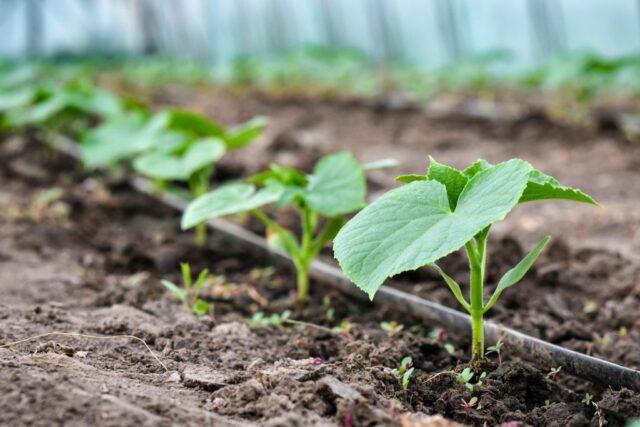
During dry periods, watering cucumbers is carried out every two days.
The best way to water the bushes is drip irrigation.
Loosening, weeding, mulching
Loosening of the soil is carried out after watering and rains. Weeding the beds is carried out as weeds appear, but the best solution would be to carry out the procedure every week.
Mulching significantly increases the yield of Alex cucumbers. The procedure is especially useful during the rooting period of seedlings after transplantation. You can cover the soil with sawdust, grass or agrofibre to retain moisture.
Feeding
Cucumber variety Alex F1 loves regular feeding:
- Nitrogen and organic fertilizers are applied after germination. They are necessary for gaining green mass.
- During the period of budding and flowering, the cucumber is fed at the root with nitrophoska. Foliar treatment is carried out by spraying the bushes with a solution of boric acid. Manganese crystals can be added to the same composition.
- During the appearance of fruits, foliar feeding is carried out with a urea solution.
If during the formation of the ovary the greens take on an irregular shape, humus must be added under the bushes.
Garter and bush formation
When grown outdoors, the hybrid Alex does not need shaping or staking. Cucumber cultivation is carried out horizontally.It is enough just to pinch the side shoots.
The Alex variety is grown in a greenhouse using trellises. When the bush forms 3-4 leaves, a loop is attached to the plant. Then the main lash is directed up the twine, twisting clockwise. After the appearance of 10 full leaves, the stem is pinched. The side shoots in the first three axils must be removed, the remaining ones are pinched above the third leaf.
Conclusion
The Alex cucumber is popular among vegetable growers, as its cultivation requires minimal costs. The plant is immune to most diseases and has high germination and productivity. Gardeners highlight the hybrid for its high taste and lack of bitterness characteristic of most cucumbers.
Reviews from gardeners about Alex F1 cucumbers
